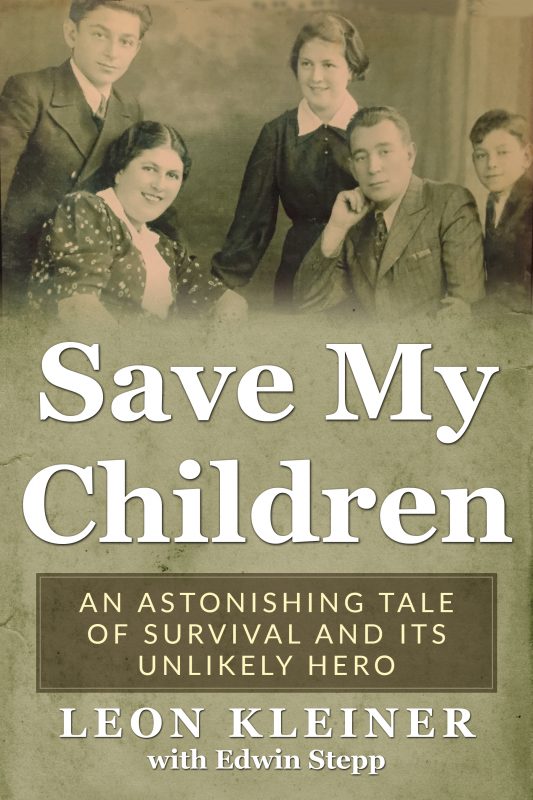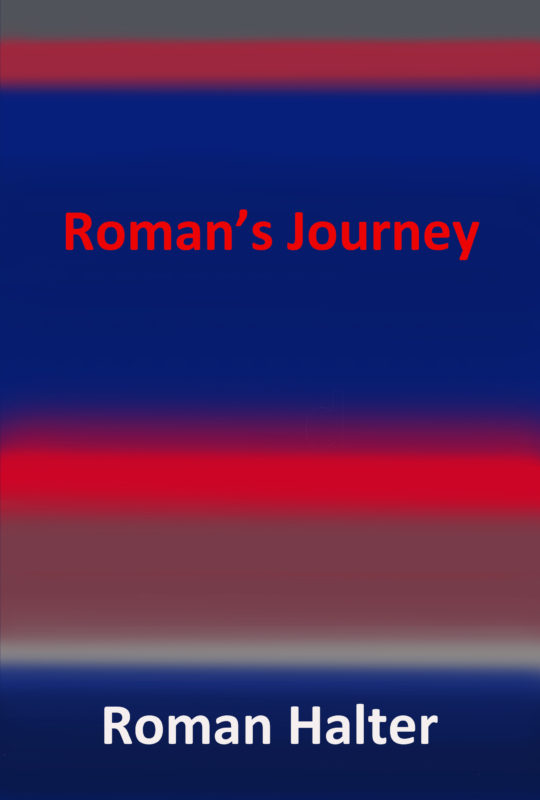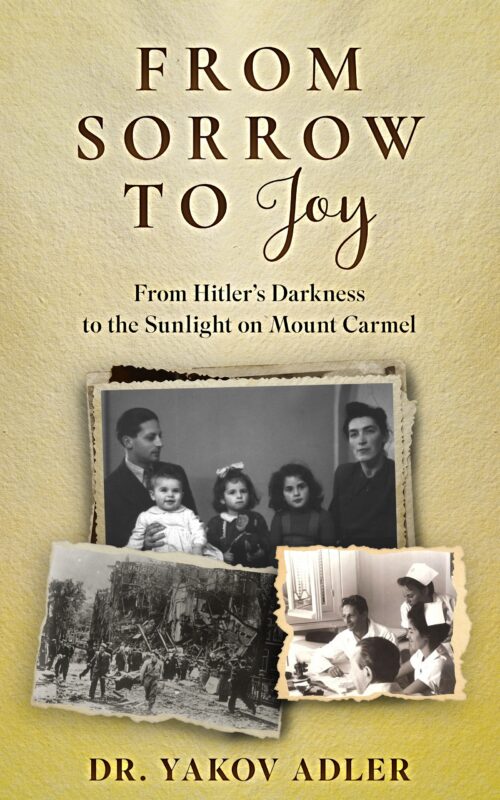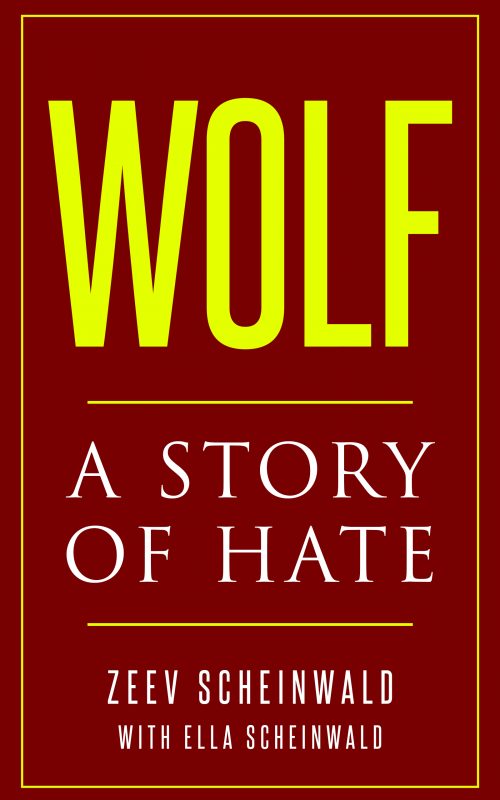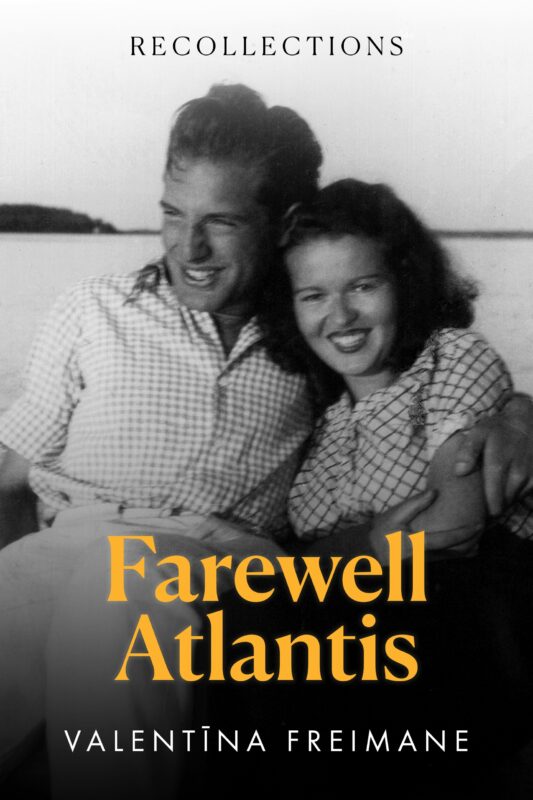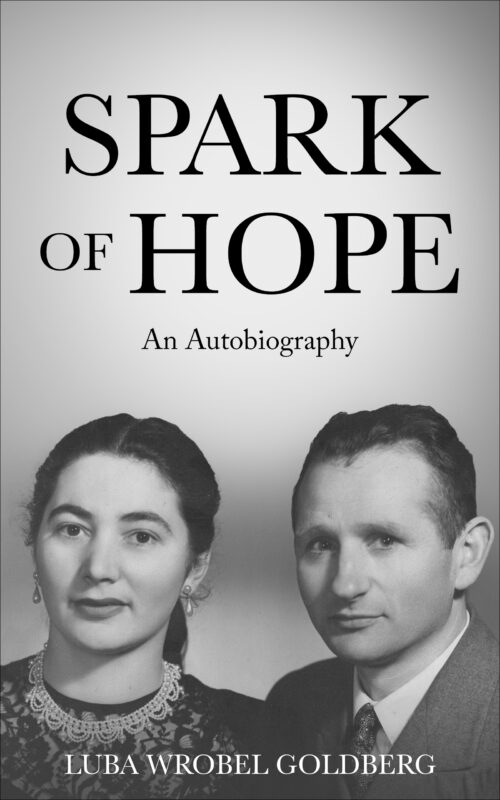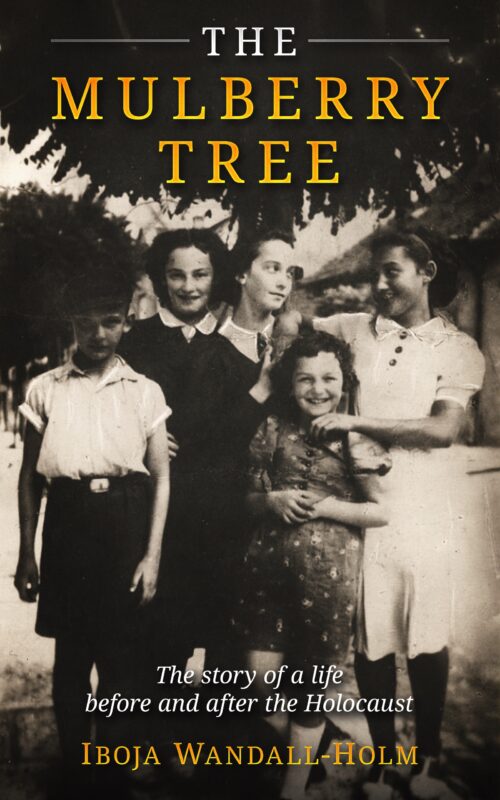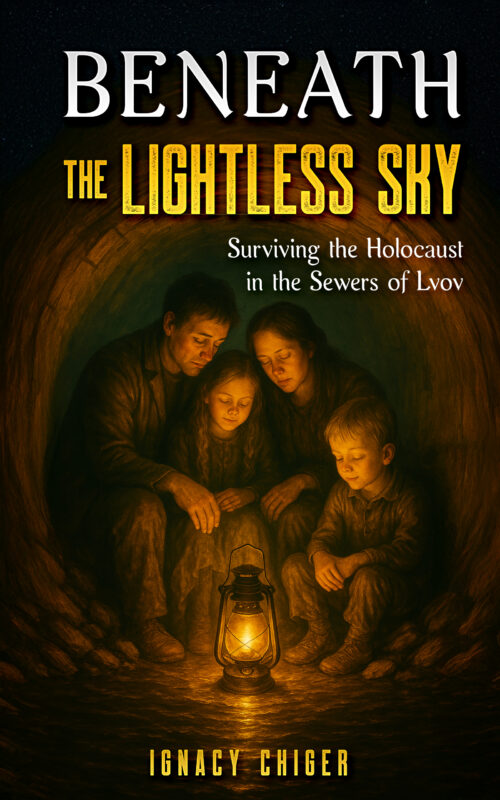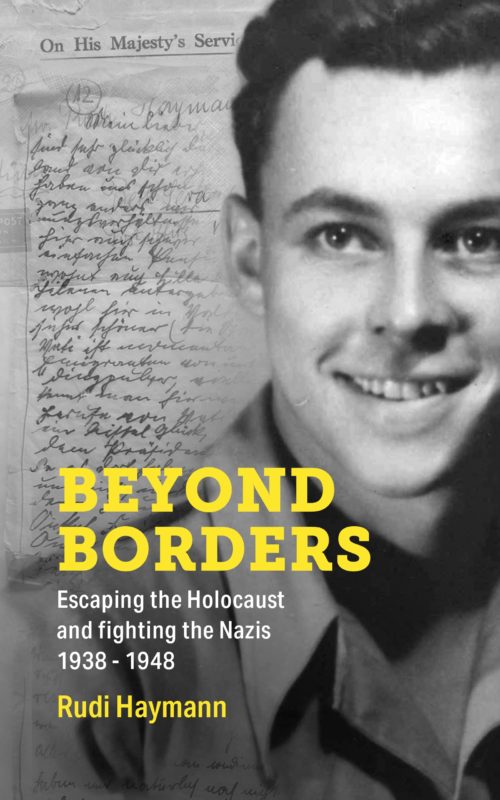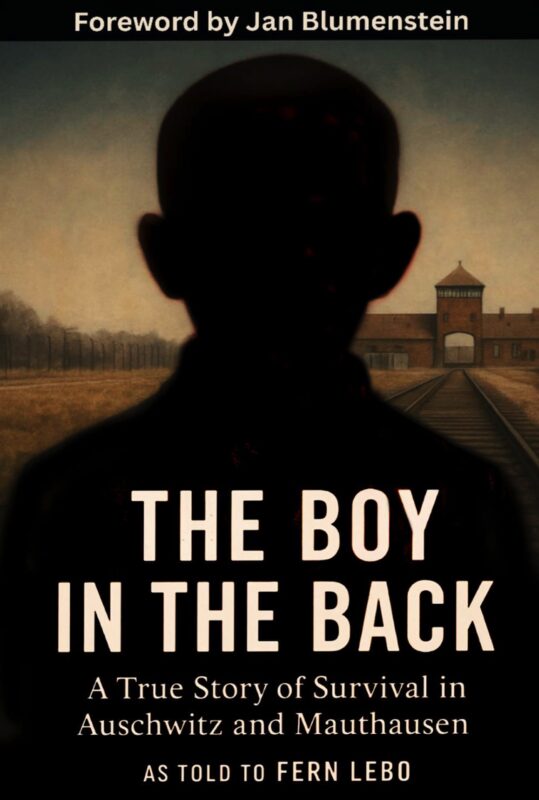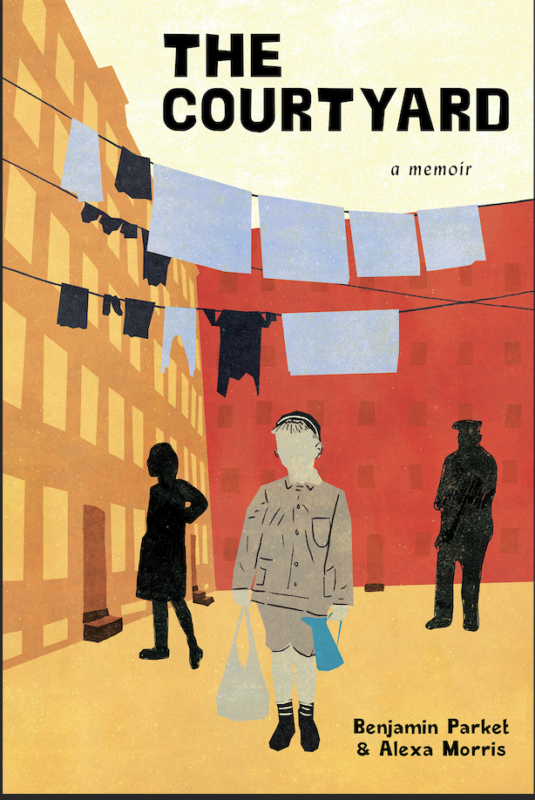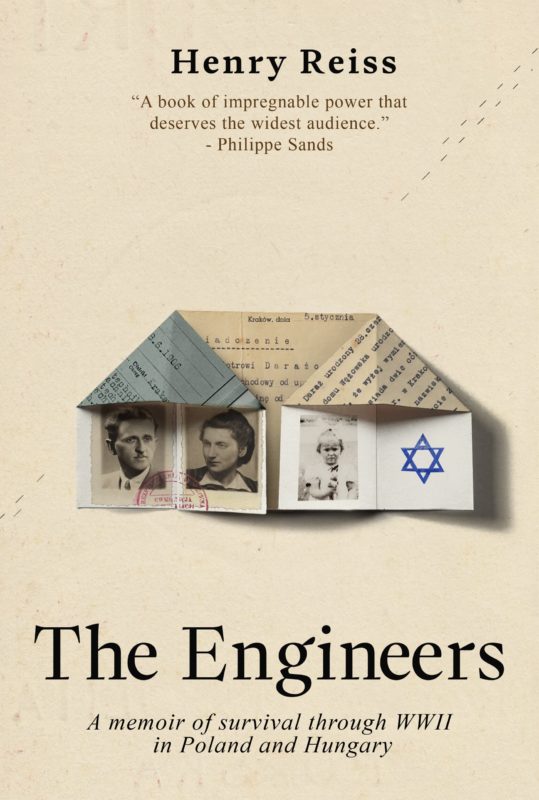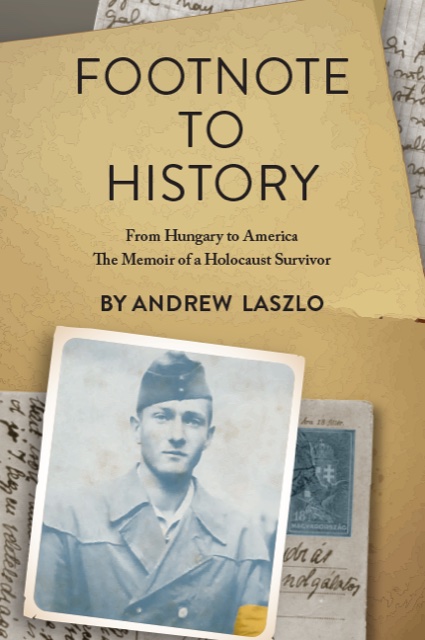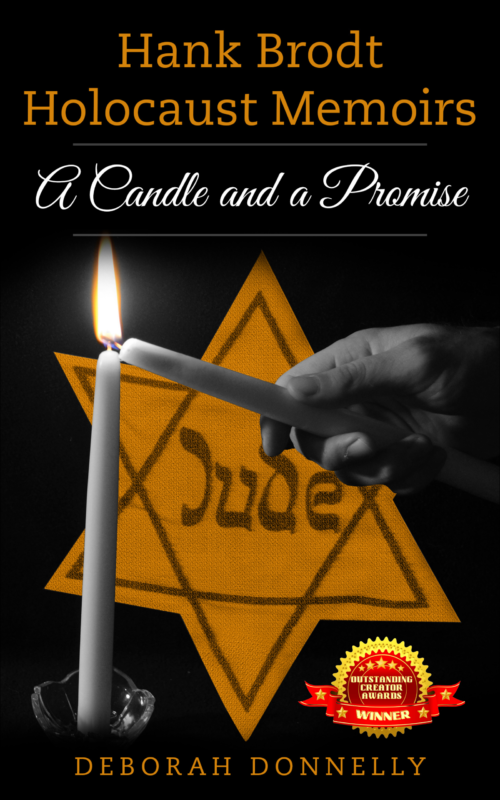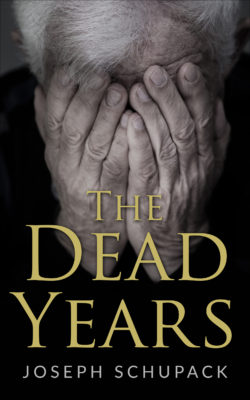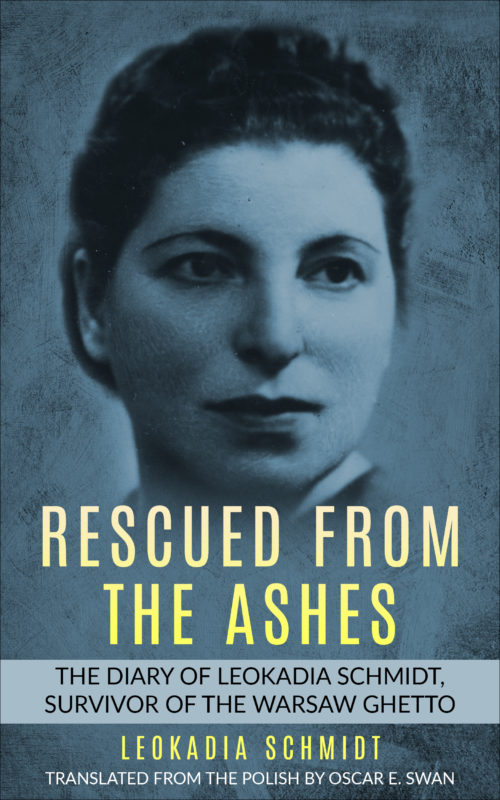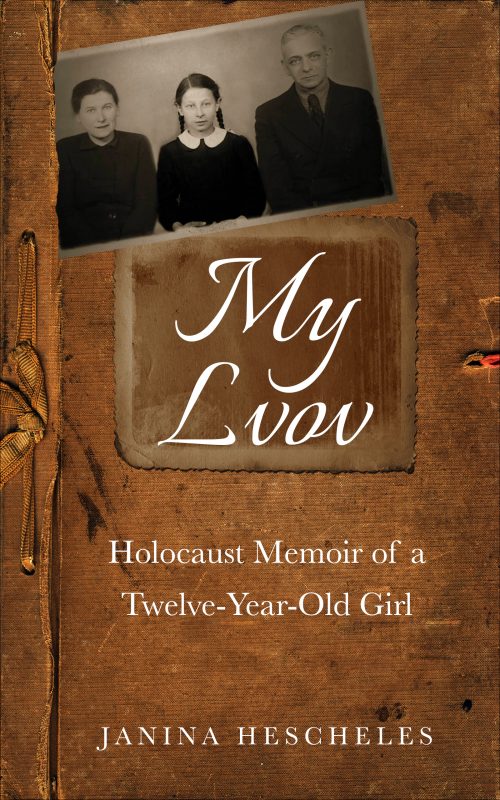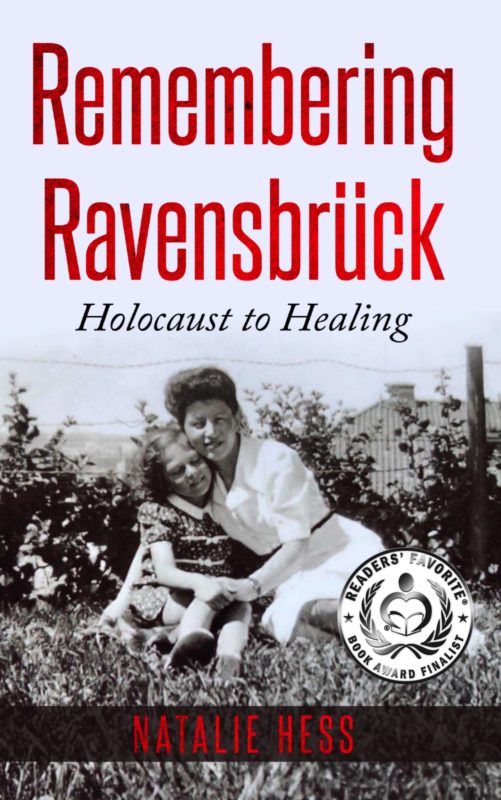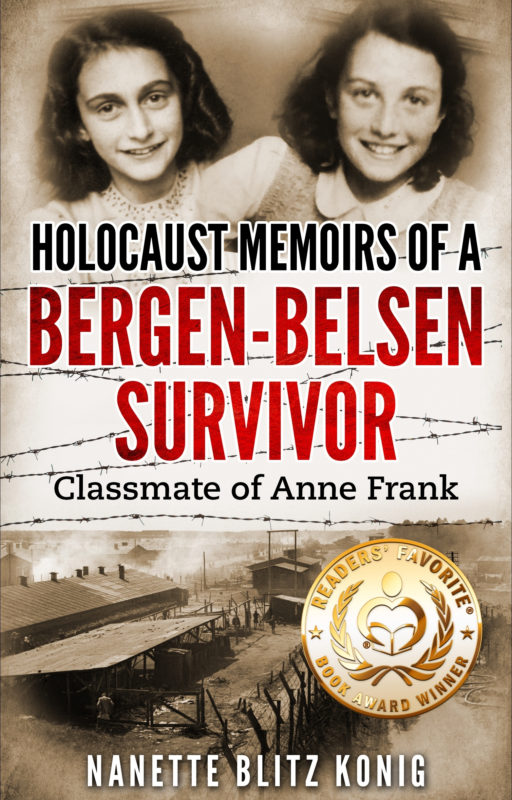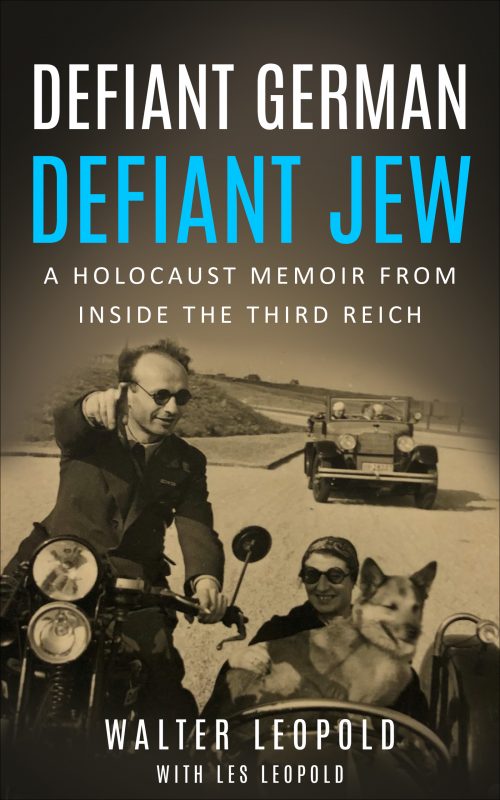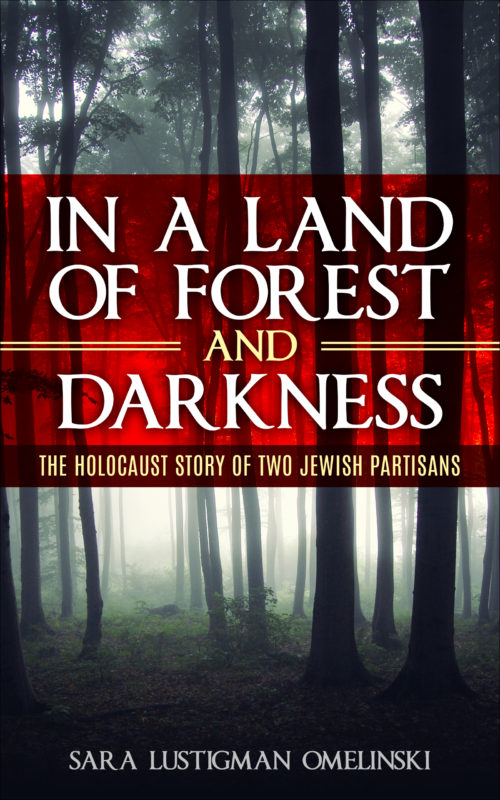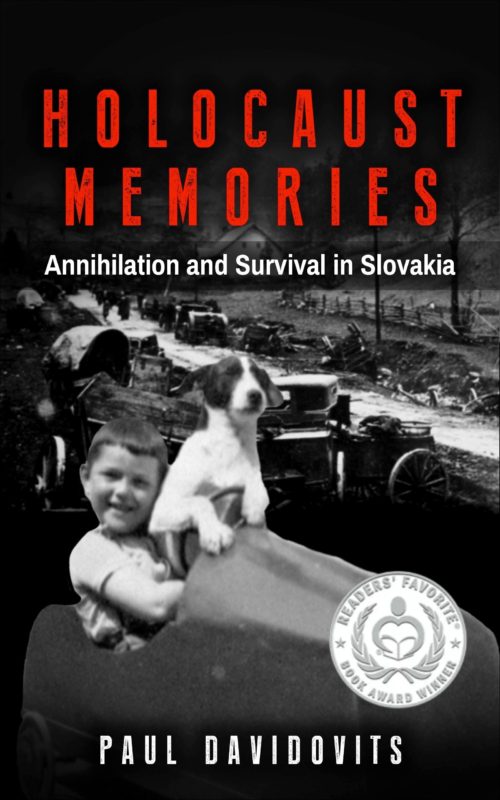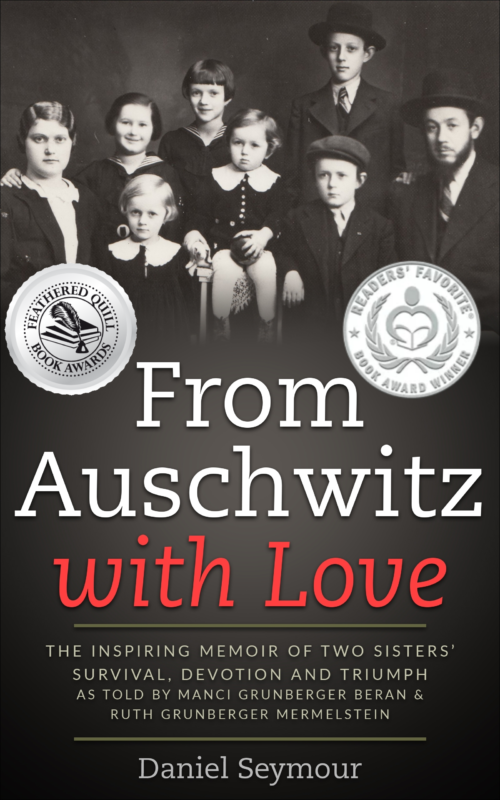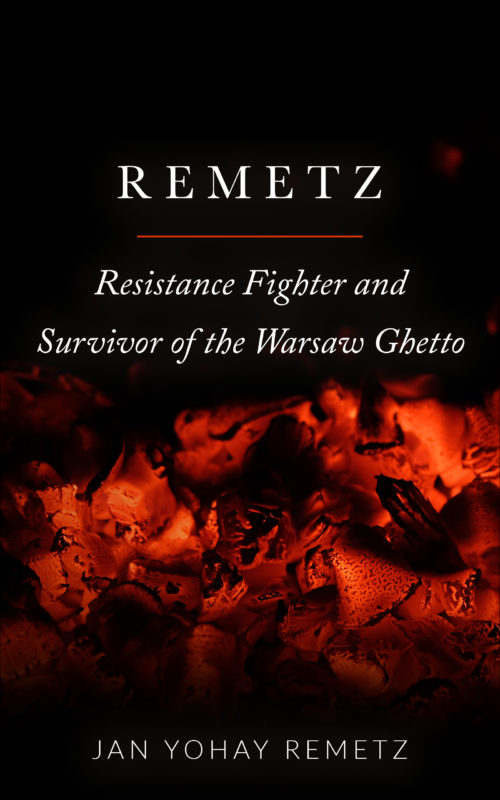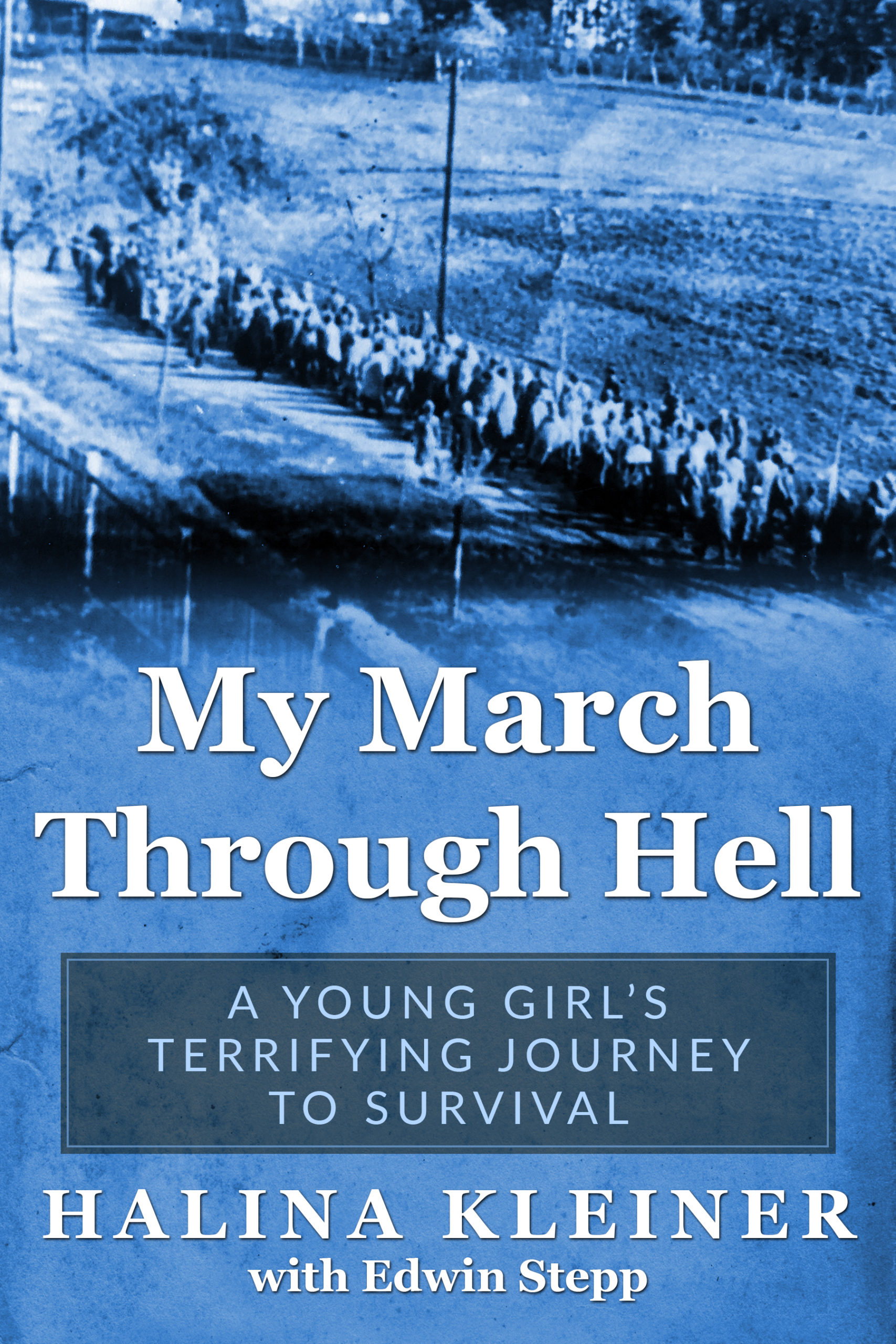The dangers surrounding young Leon Kleiner were many. Living in Poland during WWII, he was only 12 when the German Nazis invaded Western Poland in 1939. His home was located in the borderland between Poland and Ukraine, an area suffering heavily through extreme atrocities committed there by the Nazis and their collaborators against the local Jews in the period 1941-45.
It was an area influenced by conflicting nationalistic ideologies paired with not a small degree of Anti-Semitism among the locals, reducing the value of a Jew's life to next to nothing. Describing himself as unused to hardships and wants, it could be argued that Leon's odds were not good. However, the factors contributing to his survival, in the end, proved stronger: a loving mother repeatedly helping him out of harm's way, faithful siblings by his side, true friends prepared to make huge sacrifices. In addition, a means of salvation came through the unlikely help from a converted Jew-hater atoning for his sins, putting to his use the deep soil of Polish Galicia which could hide Jews on the run from the murderers above ground.
Born in 1928, Leon was the youngest child in a well-to-do Jewish family in Tarnopol, Poland. When Hitler and Stalin divided Poland between them in 1939, the family was located in the Russian zone. As they were considered capitalists by the new Communist rulers, their livelihood was taken from them, and they were forced to relocate to the home town of Leon's mother, a place called Tluste. In this town, Anti-Semitism was a part of everyday life, a fact that added to the danger of the town's Jews when Nazi Germany invaded the area during Operation Barbarossa in 1941. One of the most ardent local Anti-Semites was a man called Timush. Surprisingly, he became a true and resourceful friend of Leon's family. The day Leon's mother was taken to her death in a mass grave, she spotted Timush in the crowd around her and cried out to him to save her children. And he did, through sheer ingenuity and a strong resolution not to fail. In the end, the family finally realized what his main motive might have been.
Living in a bunker for several months, Leon was fast becoming a young man when the Russians liberated Eastern Poland/Western Ukraine. Eager to explore the liberated parts of Central Europe, he set out on a train journey with a friend - a breathtaking roller coaster story that highlights the challenges of traveling in a post-war Europe where the infrastructure had broken down and a massive migration was taking place in all directions. Former concentration camp inmates mingled with armed soldiers and displaced people, and dangers could be expected around every bend.
As an old man, Leon decided to write this book in order to pay off a debt he felt he owed to his older siblings, to add his testimony to theirs.
The background of the events described in the book is definitely one of darkness in the shape of war, betrayal, and hatred. However, what comes forth as the focus of the book is actually gratitude and joy over his survival mingled with sorrow over the people who did the ultimate sacrifice, as Leon describes how unfailing loyalty and true friendship, in the end, saved their lives.
– Diddi
